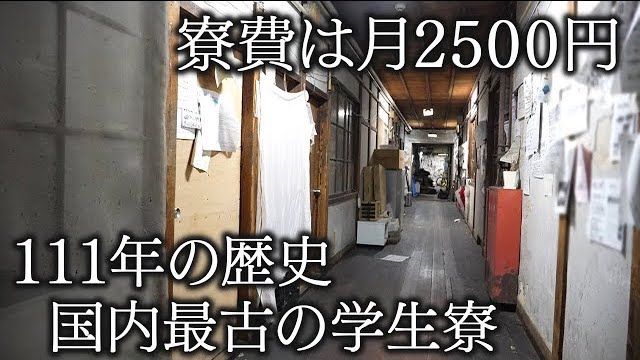COVID-19 has decimated many nations around the globe, and we've seen industries crumble under the impact of this deadly virus.
We've seen the airline industry hang on by a thread, the gambling industry suffer millions in losses, and life as we know it will not return to normal for quite some time. Japan is one of those countries that has been badly affected, it is only a guess how the Japanese industry changed under the influence of the coronavirus and we've looked into this in more detail through this short piece.
The impact on Japan
Bank of Japan Governor, Haruhiko Kuroda said that the coronavirus pandemic is having a "genuine effect" on the Japanese economy and that the worldwide financial viewpoint stays extremely hazy.
COVID-19 has burdened the nation's economy as exports, spending/outputs, and the number of visitors to Japan has all declined. The vulnerability from a financial standpoint is also extremely high, as it is still unclear when the worldwide coronavirus contamination will end.
In contrast to other such immediate lockdowns in other countries, Japan had gone about its Coronavirus realization through a very incremental increase in hysteria, and then a somewhat slow decline in everyday activities. Naturally, it has turned into something of a polka-dot economy.
With people moving around at just 30% of normal levels, only small restaurants are still existing, beauty salons and the occasional clothes boutique have their doors open, and what is "essential" seems to be highly ambiguous.
However, one of the biggest impacts is on the way many businesses in Japan operate. So many companies in Japan are highly corporate and the etiquette is very serious, as is the way that business is conducted. Therefore, this transition into digital and video conferencing is most challenging for many companies, as it came as quite a shock.
How the country responded
In early April, Prime Minister Shinzo Abe declared a state emergency when there seemed to be a significant rise in new cases. However, unlike other countries, Abe chose to limit the state of emergency to a mere month with the intention to curb the economic losses. Hours after the decision to call a state of emergency, Abe started to limit the economic risk.
The month-long declaration of emergency had a pack of new laws too. For example, the police could arrest people that were hoarding such important supplies, and they had the power to take over buildings for the use of treating the mass influx of sick people. In contrast to other cities, they didn't feel the need to detain or fine citizens that left homes or gathered outdoors.
At just shy of $1 trillion, there was a brand new package of measures that detailed the government's spending in this crisis. However, we simply do not know whether this amount of money could ever rebuild the closing businesses and households getting increasingly poorer.
The current state of affairs
The current state of affairs in Japan is somewhat troubling, given the fact that the county has very recently fallen into a deep recession. This is the first time this has happened since 2015. Japan, which is the third-largest economy in the whole world, had its economy shrink at a yearly rate of 3.4 percent in the early months of 2020.
Given that the Coronavirus is affecting all countries, and due to Japan being one of the top economies globally, this has had a notable effect on the global economy, with an estimated consequence of up to a staggering $7.1m!
As mentioned above, the state of emergency that only lasted one month severely impacted supply chains and companies of all different sizes, as the country was dependent on trade and this had been affected tremendously. Analysts believe that Japan's economy will diminish by 22% during the months of April to June, which would be the biggest decline ever witnessed there.
As Japan is reliant on exports and does not have any say on the consumer demand in different countries, it is proving to be difficult for the country. The tourism industry in Japan has also seen monumental declines due to the country having more than 16,000 confirmed coronavirus cases, and this is making people turn away in numbers never seen before.
What lies ahead
In a survey completed by more than 10,000 Japanese companies, it is apparent that 63 percent of the respondents said that the virus would have a substantial impact on the performance of domestic businesses. However, many companies are still digitizing and creating remote working measures, perhaps putting an end to the Japanese business culture of expecting long hours of their employees. Also focussing on life as opposed to just business, families will now be much closer together, which will perhaps challenge the country's traditional domestic roles.
Not only will businesses feel the burden, but the country also has to face the reality that there was a one-year postponement of the Tokyo Olympics and Paralympics. So much investment was put into it, and it was truly going to spark a revival in the Japanese economy.
For now however, like other countries around the world, Japan will need to try everything to revive the economy, continue to protect the people, and Coronavirus restrictions might still continue for some time.
Closing thoughts
With all points considered, it is crystal clear that Japan has seen grave consequences of the virus. At the time of writing, it would seem that the country really has got a grip on the virus, as the daily death toll is very low, and things are slowly returning to normal. While this shows light at the end of the tunnel, we have a feeling that Japan might feel the economic effects of COVID-19 for quite some time.










